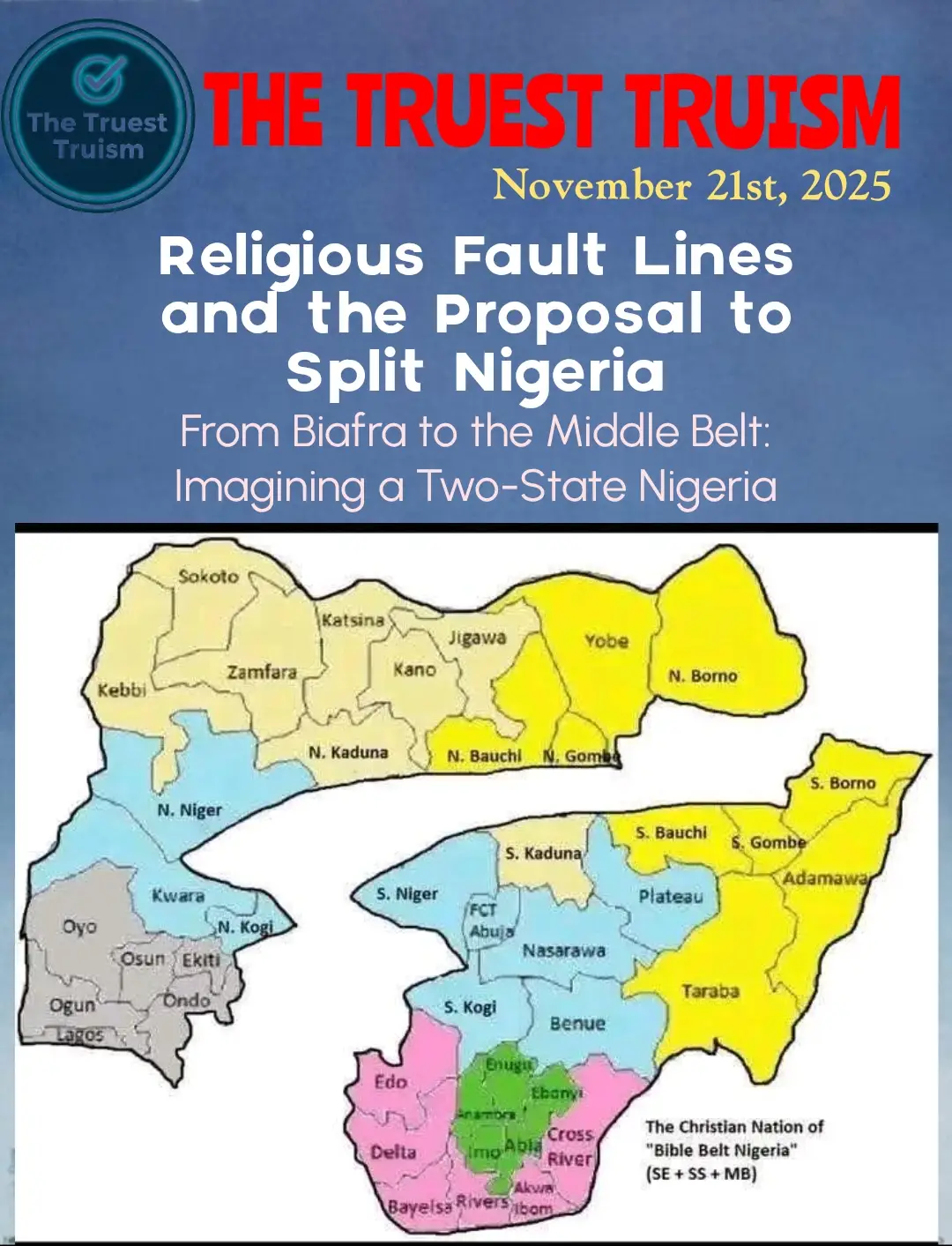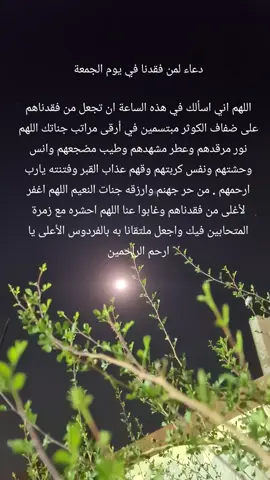Mallan.Amadou.Nassirou
Region: NG
Sunday 05 October 2025 11:18:54 GMT
722
11
6
1
Music
Download
Comments
MD Nirav Shaikh :
$200000
2025-10-12 18:29:44
0
Sohid Ahmed :
🤲🤲🤲
2025-10-05 13:26:27
1
Pmdk Bireoma :
❤
2025-10-24 19:26:01
0
Moussa Blêmetougre :
🥰
2025-10-17 09:56:58
0
MD Nirav Shaikh :
😭😭😭😭😭😭😭😭😭
2025-10-12 18:29:57
0
MD Nirav Shaikh :
🤲🤲🤲🤲🤲
2025-10-12 18:29:51
0
To see more videos from user @mallan.amadou.nas, please go to the Tikwm
homepage.





